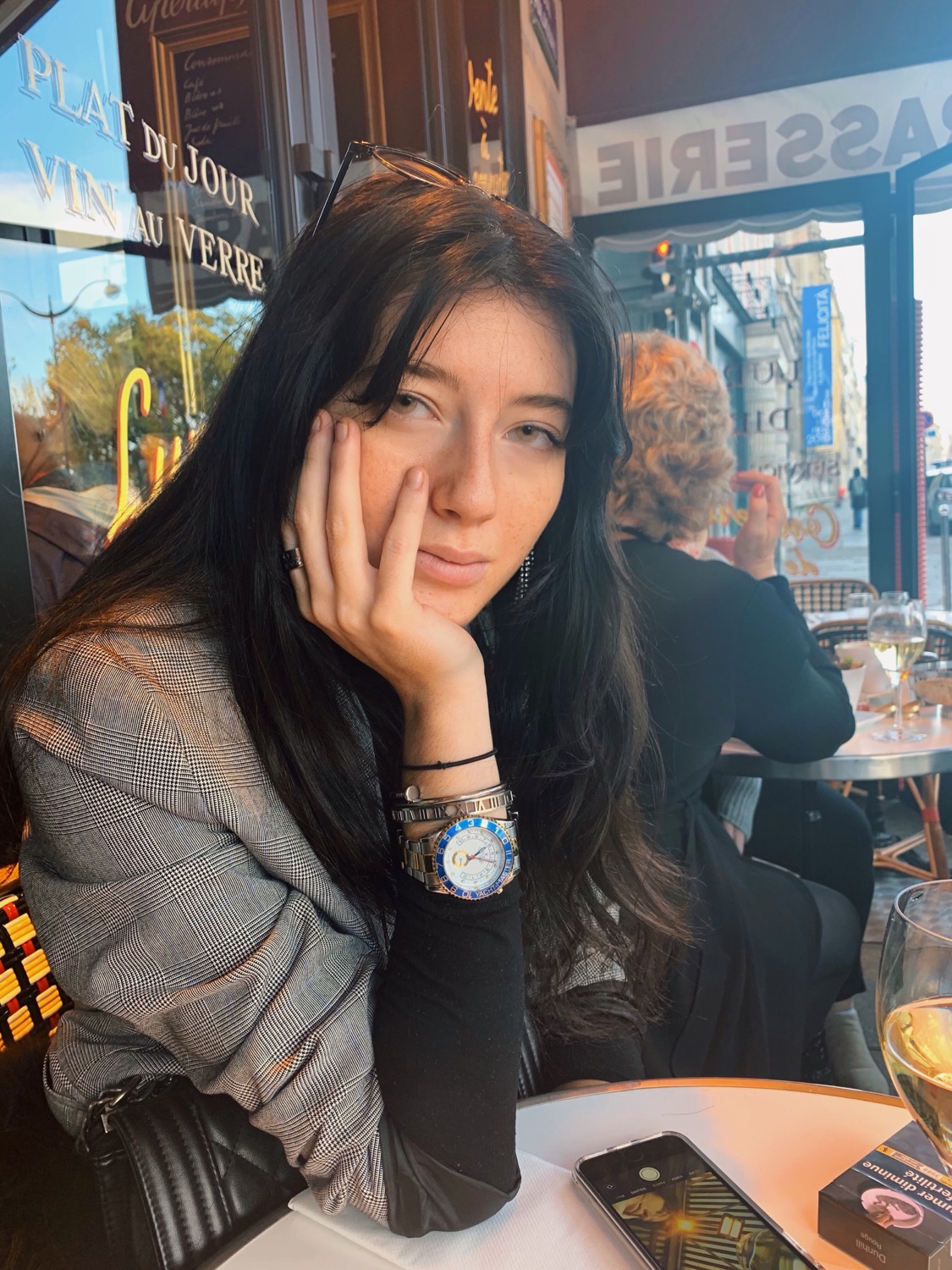HADESTOWN: A BAD SHOW SAVED BY GOOD AESTHETICS
- Victoria Comstock-Kershaw
- Jan 26, 2019
- 4 min read

My mother makes costumes for musical theatre, and I myself am heavily involved in the theatrical drag scene in London. This means that I have spent huge chunks of my life surrounded by the sort of preppy, bright-eyed twenty-somethings who unironically still enjoy Disney films and believe that Lin Manuel Miranda will solve racism. Hadestown is, at its core, what I imagine their wet dreams to look like.
The whole thing feels like someone has given far too much money to an overenthusiastic but ultimately rather shit Midwestern American high school drama club. The premise of the show is fairly compelling: the tale of the Greek lovers Orpheus and Eurydice, re-imagined as 1940s love story and set in a swinging, jazzy New Orleans in which both Gods and men co-exist. But that is, sadly, where my enthusiasm for the whole things dies off. The swinging blues motif gets old real quick. And I mean real quick. I cannot remember a single distinct tune from the show, which is especially concerning as the whole premise of Orpheus' character is that he has created a song so beautiful that it convinces the Gods to let his lover go. It's also not helped by the fact that everyone is microphone-ed up - understandable to a certain extent, the band is live and the National is not renowned for its amazing acoustics - but the real trouble with mics is that their use persuades actors to throw every rule of performance out of the window. Backs are turned to the audience, pronunciation is butchered, words are slurred.
While both charm and clarity are lost through this dodgy audio situation, many of the lyrics aren't particularly worth hearing in the first place. I had the great fortune to be invited to a pre-show talk by director Rachel Chavkin, who spoke at length about her collaborative efforts with writer Anaïs Mitchell to produce a show that was "radically new" for the London stage, and how the lyrics themselves often took "months for a single word" to be writen. This lands somewhere between unfortunate and unbelievable. The song "Why We Build The Wall" is quite good, and the fact that is was written years prior to Trump's election is particularly telling, but asides from that I cannot think of any marking or at all interesting or clever lyrics.

There is also a complete lack of any sort of narrative motivation to root for either of the two lovers. Orpheus's character is boyband boring, although perhaps that remains preferable to that of Eurydice - unconvincing, utterly devoid of charm, and with a personality about as consistent as damp toilet paper: she is both somehow strong enough to fight against Orpheus's original advances yet weak enough to hang around starving while he tries finishing his masterpiece. My next statement concerning the lovers may be disregarded as perhaps simple ignorance of the finer technicalities of vocal training, but both Reeve Carney and Eva Noblezads's voices actively made me wince a couple of times during their respective performances. Noblezad is shrill and over-the-top, Carney is bland and, on certain occasions, flat-out out of tune.
The saving graces of the show, however, almost make it worth seeing. Amber Gray is simply phenomenal as an alcoholic but sanguine Persephone, André De Shields is a brilliantly suave and superbly mischievous Hermes, and Patrick Page's voice alone is enough to make you to be fully convinced of Hades' power. The group choreography of the Workers and the Fates is also very well-done, if a little repetitive and run-of-the-mill, every-musical-theatre-dance-piece-ever, but the Olivier's fantastic rotating and rising/falling stage elements are used in a generally innovative and exciting fashion. The costume and set design, however, is by far the most compelling element of the entire show - the central themes and motifs shine through Rachel Hauck and Michael Krass's fantastic work, and really bring the story to life: the idea of Gods and men living together during such a culturally and aesthetically iconic period is not lost on them or the audience, and even during the more boring scenes there is always something new and exciting happening to the stage or the clothes of the characters. It really is a beautiful show to look at: every set and every wardrobe change adds to the story far more than the charmless choreography of the lovers dances or the repetitive music of the chanting numbers. The set and costumes transform and transport both the characters and the audience from the vibrant bars of New Orleans to the industrial hell that is Hadestown with the sort of elegance and creativity that the lyrics, music, and acting of the show does not.

Overall, it is perhaps the 'it could almost be good'-ness about the show that frustrates me the most. Some of the songs are bad, but the stage design makes up for it. Some of the vocals are bad, but the choreography makes up for that. And some of the acting is bad, but the costumes make up for that. The aesthetic premise of the show itself it what you're really paying for here, which is a shame as there is such huge potential in the story itself. There is a lack of basic narrative, and with that a lack of awareness that good musical theatre is the symptom of a compelling cast and story rather than the cause. But it is simply too visually gorgeous a show to dismiss it as being utterly bad - and so I leave you with a half-hearted but rather grumpy recommendation: do see it, if only for the pretty lights and nice frocks.




